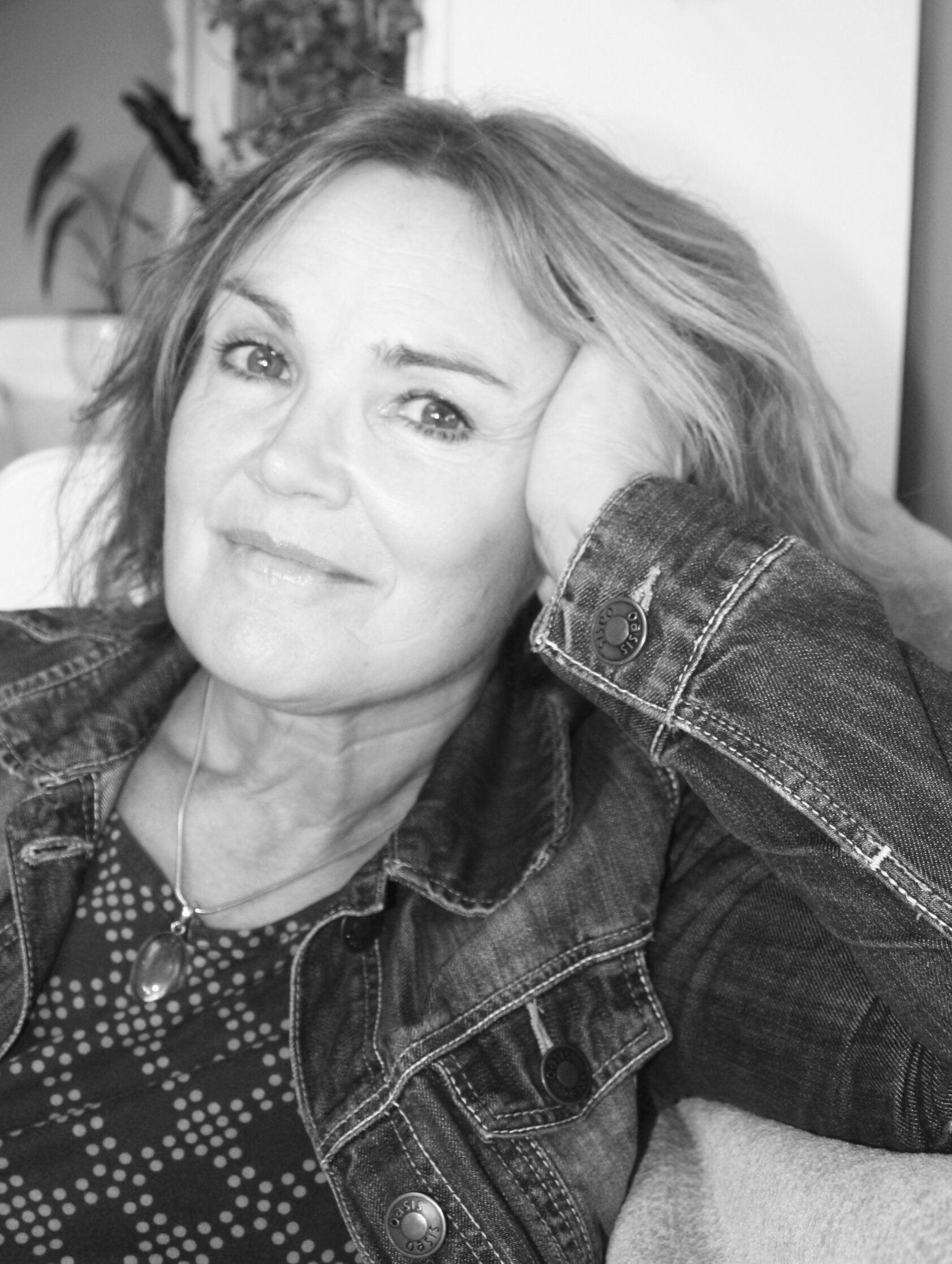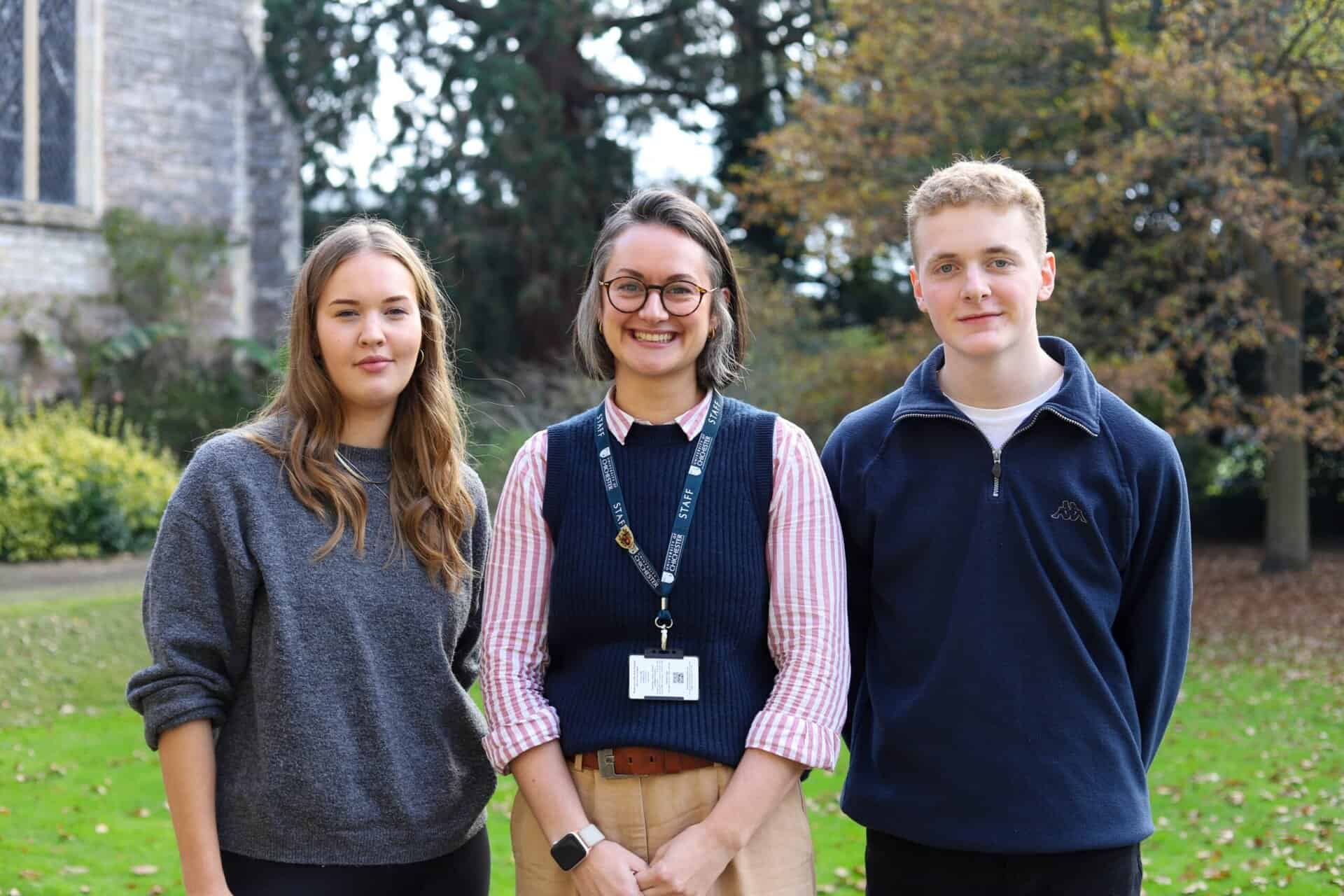Alumna Emma Wiggs on how “crucial” University support helped her to become double world champion
Paralympic and multiple world champion Emma Wiggs MBE has credited the University of Chichester for setting her on the road to sporting glory.
Interviewed for the Universities UK ‘Made at Uni’ campaign, Wiggs said that the support of the University at a traumatic moment in her life had been ‘crucial’ to her career, initially as a PE teacher and then as a double Paralympian.
Twenty years ago, Wiggs was on a gap year in Australia and looking forward to taking up a place on the three-year degree course in PE at the UoC. But, having contracted a virus that has to this day not been fully identified, the teenager lost the use of her arms and legs almost overnight.
Slowly, the feeling and strength in her arms returned but Wiggs was left paralysed from the waist down. When she returned to the University after two years of constant diagnosis and rehabilitation, she wanted to move on with her life and join a community that shared her own positive spirit.
“My love for the University started on the open day and continued from there,” she says. “Everyone had kept telling me that I should be realistic and sensible, that I couldn’t be a PE teacher, but the University didn’t do that. Rather than saying ‘no’ they showed me a different way of doing it and supported me all the way through. It was a crucial moment.”
Instead of taking up a place on the PE course, Wiggs studied sports and exercise science, one of the flagship programmes of the UoC. Having graduated in 2003, she went on to do a one-year postgraduate degree to complete her qualification as a teacher.
“Right away, the University was on the same page as I was,” she recalls. “It was a really close-knit community. Had I gone to a bigger University with a massive campus, I would have struggled. But UoC has the personal touch. At the time, the facilities for disabled students weren’t as well developed. I had to haul myself up the stairs to the lecture theatre. I was coming to terms with being disabled, being away from home and looking after myself so it was a challenging time. But, actually, I didn’t want to be treated any differently from anyone else. Now when I go back, the facilities are incredible. There’s a huge difference.”
The University also helped Wiggs find suitable teaching placements and a full-time job at Lavant House School near Chichester and, after six years, the Regis School in Bognor. In 2010, Wiggs’ career took another unexpected turn when she was selected for the GB sitting volleyball squad for the London 2012 Olympics. Given the opportunity at last to fulfil her sporting ambitions, she sold her house and became a full-time athlete, captaining an inexperienced GB side to a highly creditable eighth place in London.
On a post-Games talent identification day, Wiggs found another door opening in front of her; at the age of 32 she had a successful trial for the GB Paracanoeing squad and switched sports, becoming Olympic 200m KL2 champion in 2016 and winning an extraordinary seven world and five European titles. Having a University degree is also a source of reassurance when her Paralympic career is over – and, to celebrate her lifetime achievements, she was given an honorary doctorate of education degree by the University of Chichester in 2017.
“You don’t know where life will lead you,” she says. “Going to University is an incredible opportunity and in life you have to take those opportunities. A degree is much more than a piece of paper, it sets you up for the rest of your life. I know it’s a big decision and a big investment for young people now, but don’t sit there in 10 years’ time and have regrets.”




